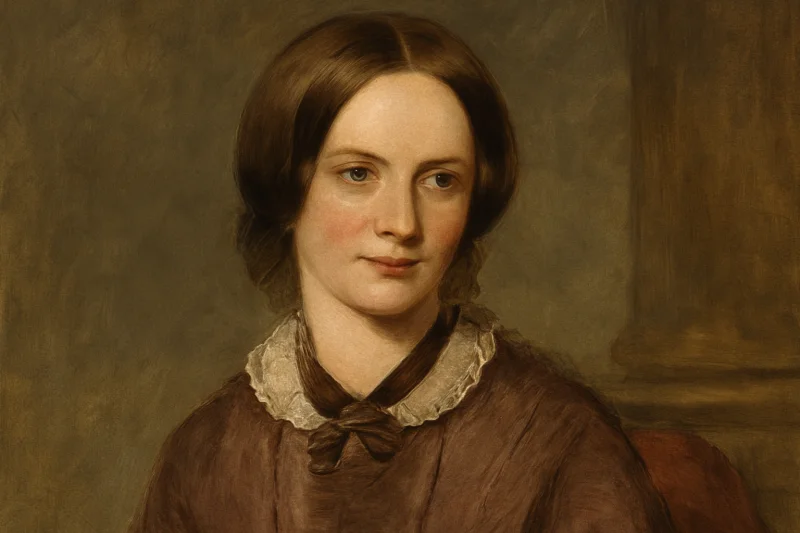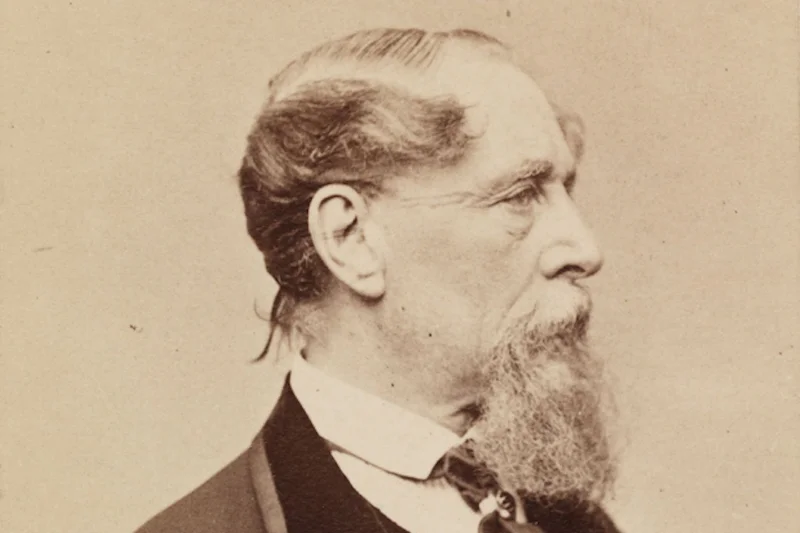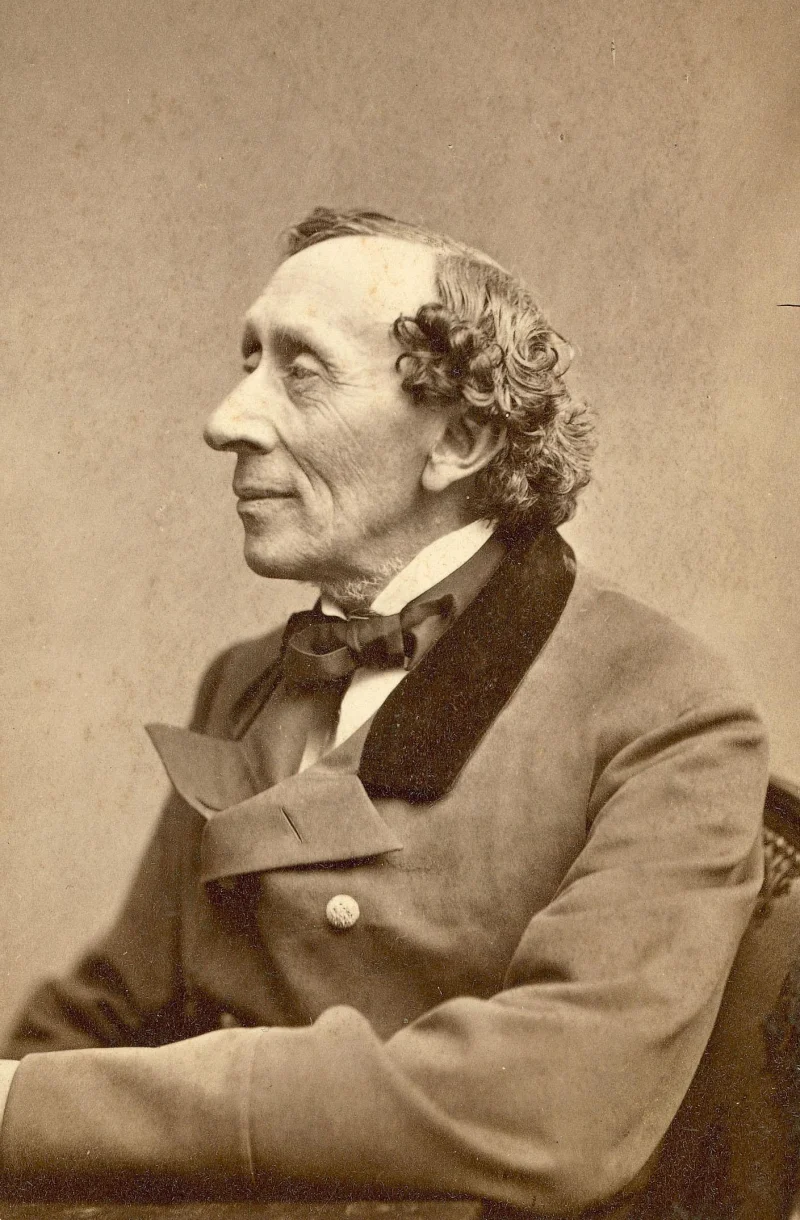Short Summary
Charlotte Brontë was an English novelist and poet, best known for her novel "Jane Eyre," a classic of English literature. Born in the early 19th century, she emerged as a pioneering female writer who challenged the norms of her time. Her works are celebrated for their strong, complex characters and innovative narrative style. Brontë's influence extends beyond literature, as she paved the way for future generations of women writers.
Early Life & Education
Charlotte Brontë was born on April 21, 1816, in Thornton, Yorkshire, England. She was the third of six children in the Brontë family. Her father, Patrick Brontë, was an Anglican clergyman, and her mother, Maria Branwell Brontë, died when Charlotte was just five years old. Educated at home and at the Clergy Daughters' School at Cowan Bridge, her early life was marked by tragedy and loss, which deeply influenced her writing. The Brontë siblings created imaginary worlds and stories, fostering Charlotte's passion for literature and storytelling. Her later education at Roe Head School provided further academic development.
Career Highlights
Brontë's career as a writer began in earnest when she and her sisters, Emily and Anne, published a volume of poetry under the pseudonyms Currer, Ellis, and Acton Bell in 1846. Although the collection sold poorly, it marked their entry into the literary world. Charlotte's first novel, "The Professor," was rejected by publishers, but her second work, "Jane Eyre," published in 1847, achieved immediate success and critical acclaim. Subsequent novels, including "Shirley" and "Villette," further cemented her reputation as a leading novelist of her time. Her works are noted for their exploration of social issues, gender roles, and personal identity.
Major Achievements
- "Jane Eyre" (1847) - A groundbreaking novel that challenged Victorian norms and explored themes of individuality and morality.
- Successful entry into the literary world alongside her sisters, contributing to the Brontë legacy.
- Influential figure in the development of the modern novel, particularly in the portrayal of strong female protagonists.
Famous Quotes
- "I am no bird; and no net ensnares me: I am a free human being with an independent will."
- "Life is so constructed, that the event does not, cannot, will not, match the expectation."
Interesting Facts
- Brontë initially published her works under a male pseudonym, Currer Bell, to ensure they were taken seriously.
- She outlived all of her siblings, passing away shortly after her marriage in 1855.
- "Jane Eyre" was initially published as an autobiography, leading to widespread speculation about its origins.
Legacy / Influence
Charlotte Brontë's legacy endures through her contributions to literature and her role as a trailblazer for women writers. Her novels, particularly "Jane Eyre," continue to be studied for their innovative narrative techniques and exploration of complex themes. Brontë's bold approach to storytelling and her defiance of societal norms have inspired countless authors and remain relevant in discussions of gender and identity in literature.
FAQ
Q: Why is Charlotte Brontë famous?
A: She is famous for her novel "Jane Eyre" and her contributions to English literature.
Q: What themes are common in her work?
A: Themes of individuality, morality, social issues, and gender roles are common in her work.
Q: What pseudonym did she use?
A: She used the pseudonym Currer Bell.
Q: How did her early life influence her writing?
A: Her early life, marked by loss and creativity with her siblings, greatly influenced her storytelling and themes.










